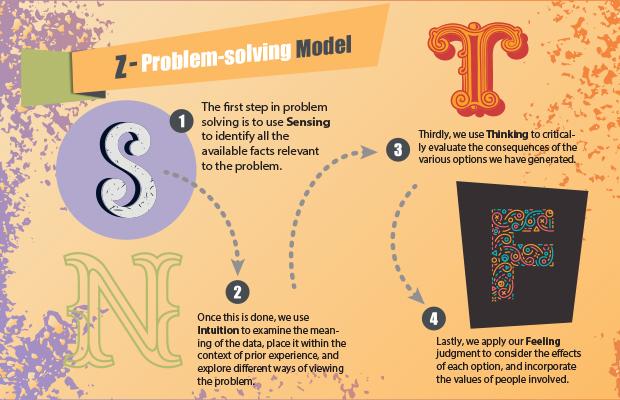Learning Styles – Meeting the Needs of the Student
In addition to being a parent, I am a teacher. I taught middle and high school for several years. Math and Health were the main subjects assigned to me. Everyone loved health class, as we could talk about so many topics relevant and important to the kids (the Alberta health curriculum rocks!).
Math on the other hand was always a challenge. Not every child likes math. My philosophy and mission was that math is fun and it was my job to demonstrate that to the students. Often it was the kids who struggled to understand math concepts who hated it, so how could I better help them to learn those concepts?
I developed several math games (ex: GeoGolf which taught geometry through game play), brought in cross curricular projects (ex: math poetry), and most important of all, reminded them consistently that if they were really trying and still didn't get it, that it wasn't them, it was me.
As a teacher, I firmly believe that I need to teach in a way that reaches each student. In other words, I need to teach you in the way you learn best, which means I need many tools in my math tool box to express a concept in a variety of ways. I still remember Ryan. Ryan needed extra time to complete tests. I knew many teachers at the time who enforced "when time is up it is up," regardless of whether you had finished. I could never understand this, since we were testing an understanding of the concepts and not how fast you could process the questions.
For Ryan, I gave extra time, and anyone else who might have needed it, but for him, this made the difference between passing or failing. Much of math is formulaic and laid out in a structured way. Some kids loved this and if I could give them step by step directions, they excelled.
Not Dean. He spent more time coming up with creative solutions to those same problems, finding the right answer but in a completely different way. I loved his imagination and the ingenuity of his solutions. Rather than knock him for his creative methods, I would have him explain them, at times even to the whole class, which not only gave him confidence, but also helped others who needed a different approach to aid in their understanding.
Homework was another potent topic. Why do hundreds of questions if you already get the concept? Some kids needed repetitive practice to drive home the process, whereas others got it quickly. Giving plenty of class time to complete work, allowed many students to finish before heading out to extra-curricular activities and other after school commitments.
There is a balance. If you choose to waste time in class, then time will be made up at home completing those assignments. My point in all of this is just how important it is to honor different learning styles through an understanding of personality. Some kids need to see the value in solving math problems, whereas others enjoy the analytical experience.
Formulas, step-by-step details, and facts appeal to some, whereas an imaginative approach with many possibilities excites others.
Time management is a big deal in school, especially considering the incredibly busy lives so many of our kids lead. Clearly, some kids like structure, using a planner to organize their daily activities and homework assignments, and we know many who don't. I have both in my house! I will be honest, as a planner myself, I find those kids the easiest to work with in helping them succeed in school.
Yet I do admire my more spontaneous kids who tend to take it all in stride, procrastinating until the final moment then pulling off a dynamic feat in the end. As frustrating as that can be for me, I can't help but appreciate this talent and ability. Until... their brilliance culminates and finally bursts forth a plan, only to realize that the items needed are still in the stores, which closed hours ago. Sigh... There is never a dull moment, as a parent or a teacher! Appreciate differences, appreciate differences, appreciate differences: my daily mantra.
You can learn more about the individual personality type of your kids and students by having them take the MMTIC® assessment. Get a better understanding of your own preferences by taking the MBTI® assessment.



_thumb.png)












































































x.png)

.png)
.png)
